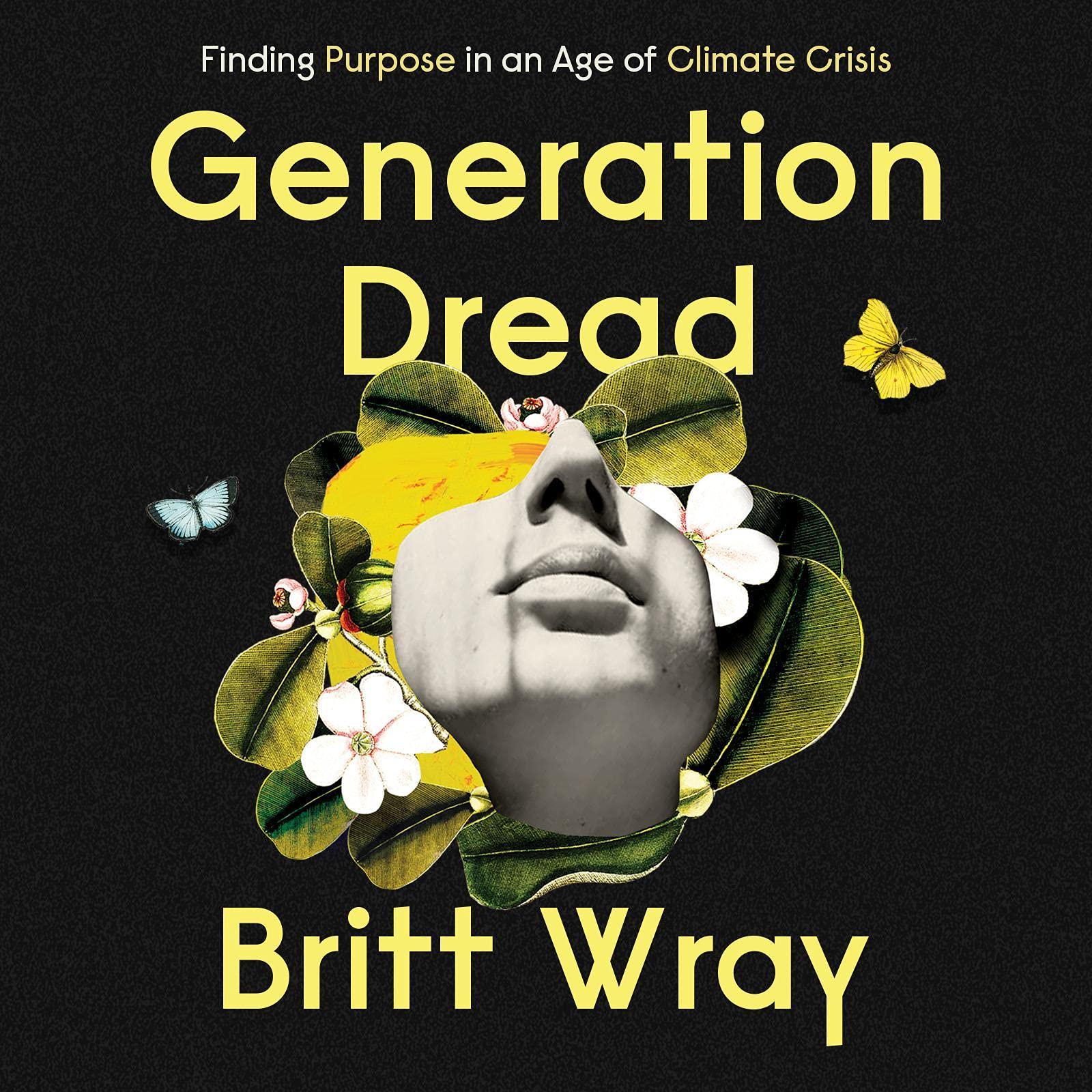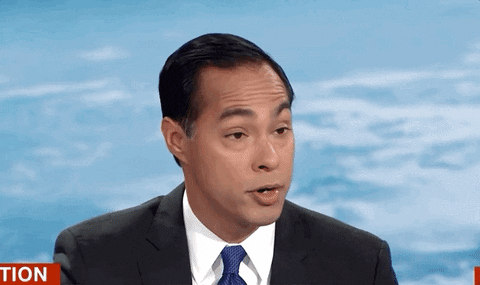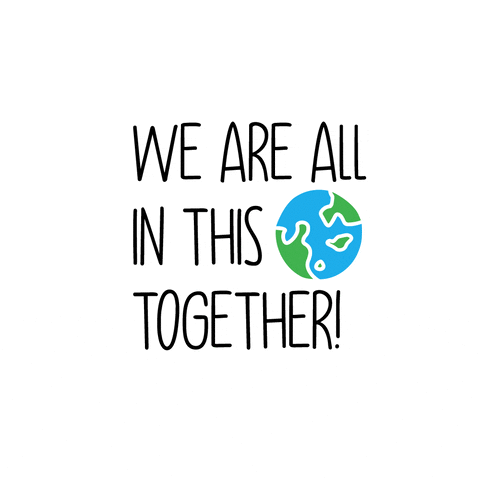What do you think?
Rate this book


Audible Audio
First published May 5, 2022
"Coping with eco-anxiety is an ongoing process; we toggle between distress over difficult information and states of resilience."


"Activism on its own is not the antidote to despair; acknowledging your feelings and connecting with others who share them, alongside taking action, is...The aim is not to get past climate trauma, but to learn to live with it while working to reduce its harms, because it is ongoing cultural trauma."
